GOVERNMENT
Offer a winning constituent experience
Reconsidering your current strategy or just monitoring its effectiveness over time? With Siteimprove, you can modernize your digital presence, ensure accessibility and compliance, and offer your site visitors empowering self-serve experiences that save everyone time.
And that's not all: Our platform gives your team everything they need to make actionable, data-backed decisions that benefit your entire jurisdiction.
The average tenure of a government Siteimprove customer is 9 years
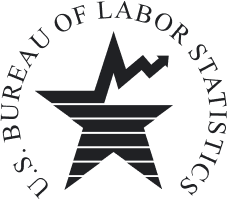


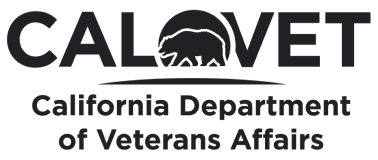

Section 508 and Title II
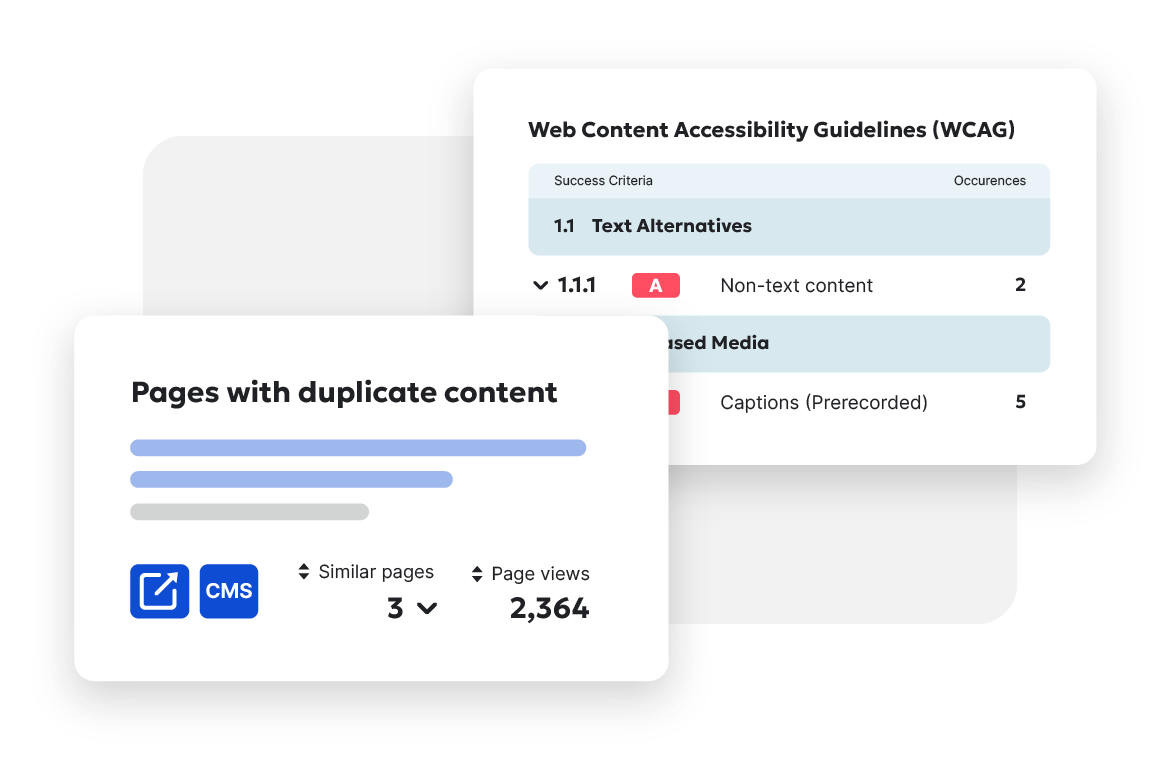
Section 508
Section 508 of the Rehabilitation Act requires that federal agencies, as well as contractors and subcontractors who work with federal agencies, build Information and Communication Technology (ICT) that is developed, procured, maintained, or used be accessible to people with disabilities.
Specifically, digital content created by these entities must meet the Web Content Accessibility Guidelines (WCAG) 2.0 Level A and AA technical standard.
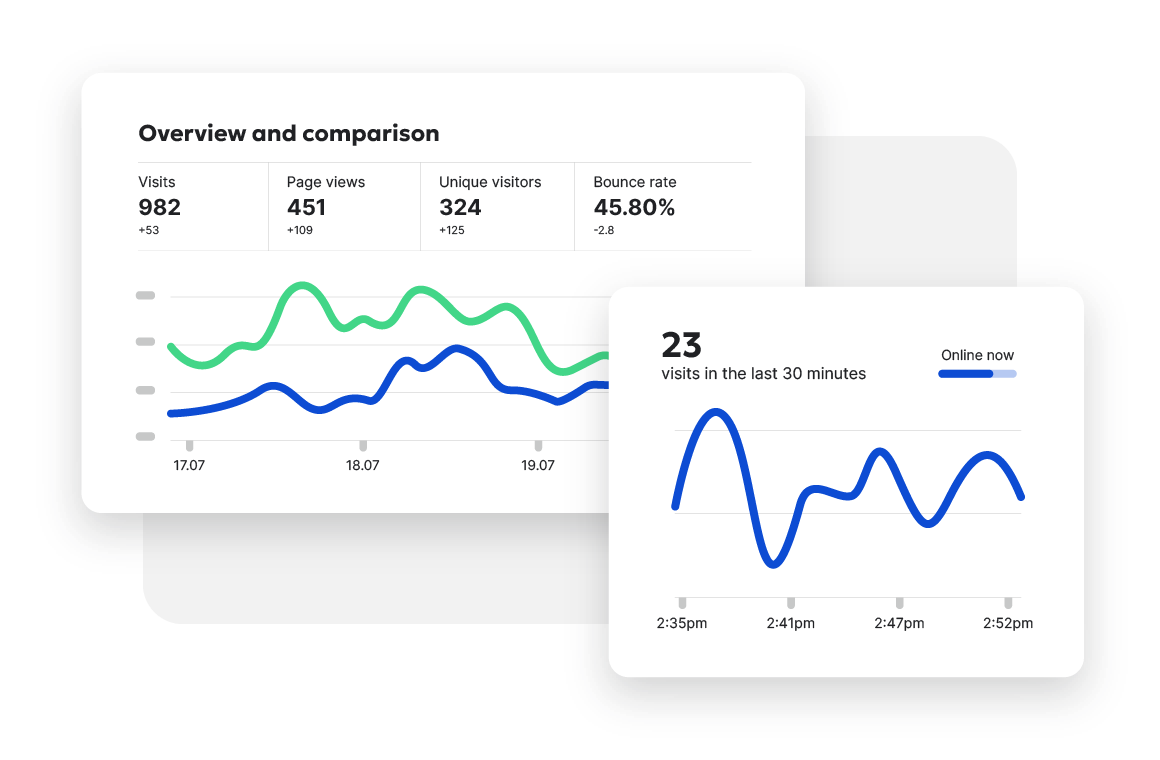
Section 752
Section 752 of the Consolidated Appropriations Act was enacted by Congress in 2023 and stipulates that entities that fall under Section 508 complete a 105-question assessment annually.
The data collected in this annual assessment is then shared with the General Services Administration (GSA) and the Department of Justice (DOJ) for their reports to Congress.
Section 752 audits make accessibility a budget safeguard for federal funding.
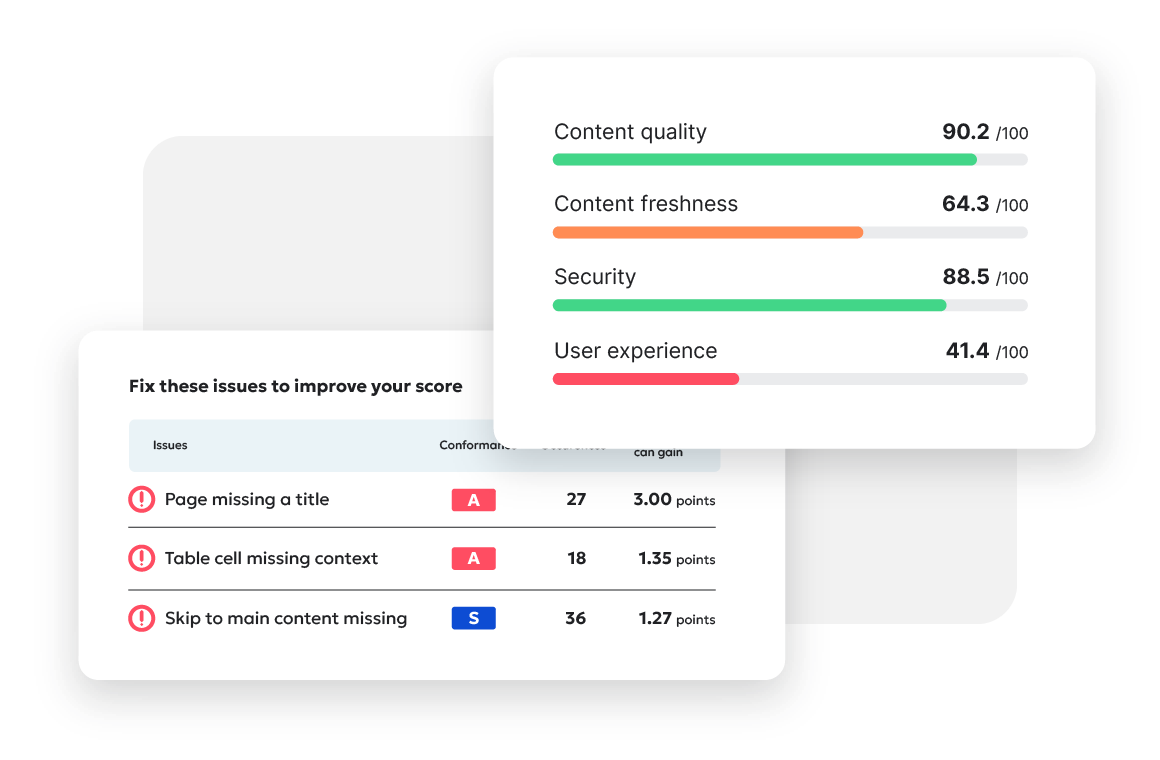
Title II
As part of the Americans with Disabilities Act (ADA), Title II mandates that websites and digital content of state and local governments comply with WCAG 2.1 Level A and AA.
Siteimprove offers tools that scan all content on your sites, including PDFs and other documents, for issues with Title II and WCAG conformance.



See how easy it can be
What makes us the right fit?

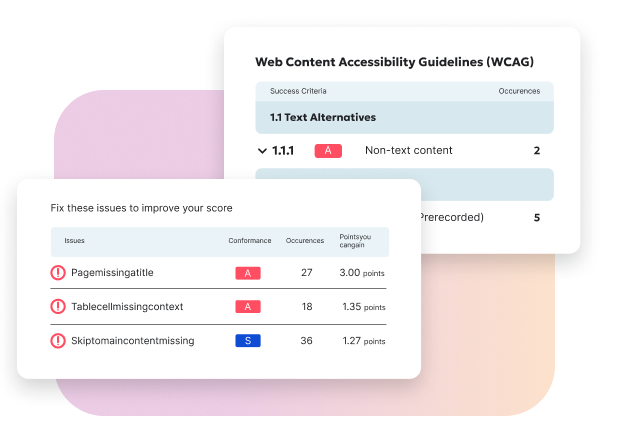
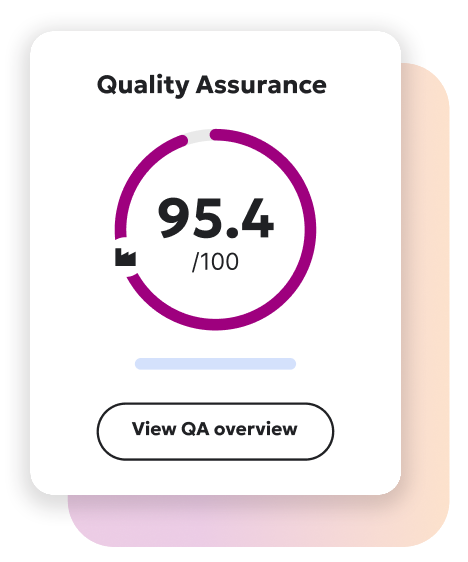
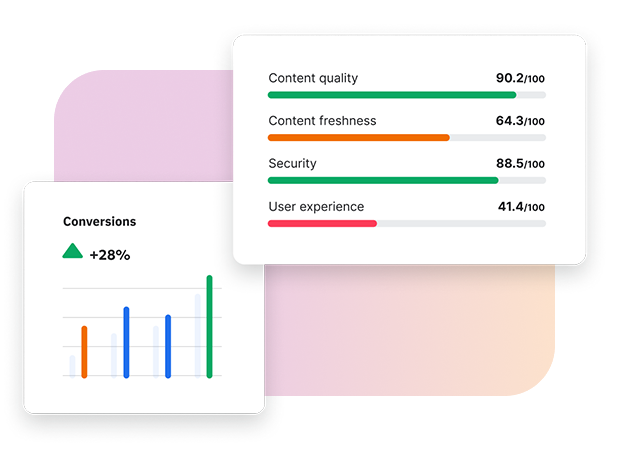
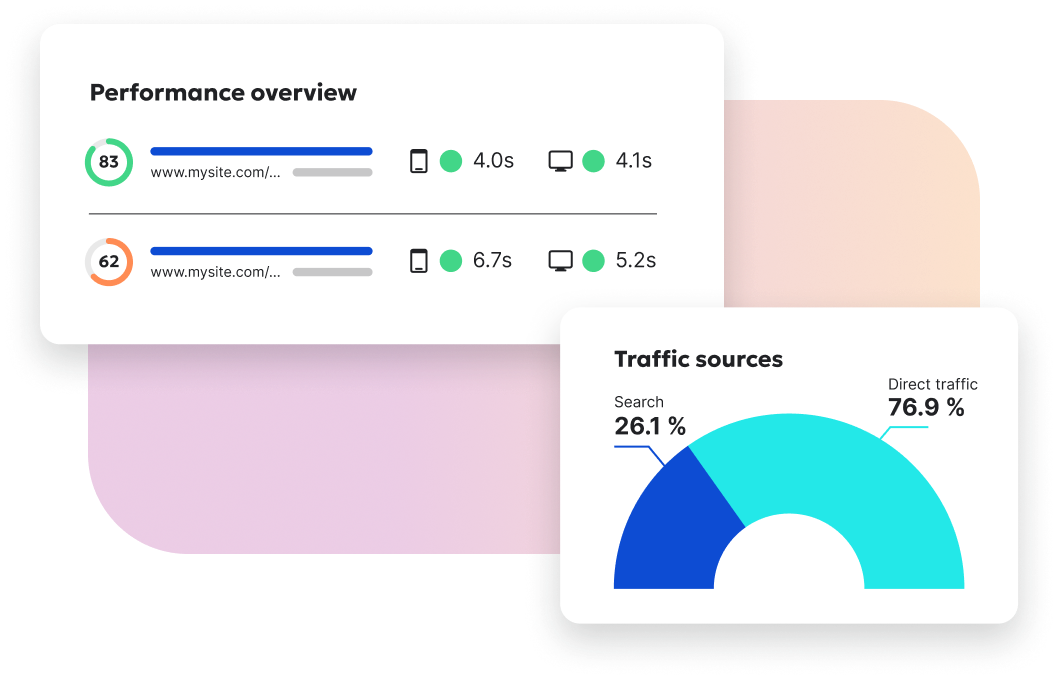

The Mile High City soars to new heights
"When the City and County of Denver needed to make their site more accessible, a web team of two seized the opportunity to make their work — and that of dozens of content authors across the organization — more efficient. Siteimprove made it happen."
Chad Menard
Senior Web Administrator
City and County of Denver
Read the case studySiteimprove for Government FAQs
Siteimprove helps government entities by flagging accessibility issues that need fixing and regularly identifying and assisting with the removal of outdated content to maintain compliance and a good user experience.
Siteimprove helps government agencies comply with key digital regulations and standards including WCAG, ADA, Section 508, and Title II.
Yes, Siteimprove can improve the SEO of government websites, helping ensure that content is easily found by citizens seeking information and services, which reinforces user satisfaction and trust.
Siteimprove's AI Remediate feature can suggest and automatically resolve identified issues down to the codebase level, streamlining the process of fixing problems on government websites.

